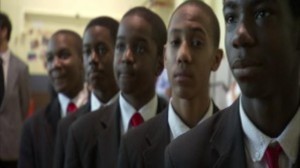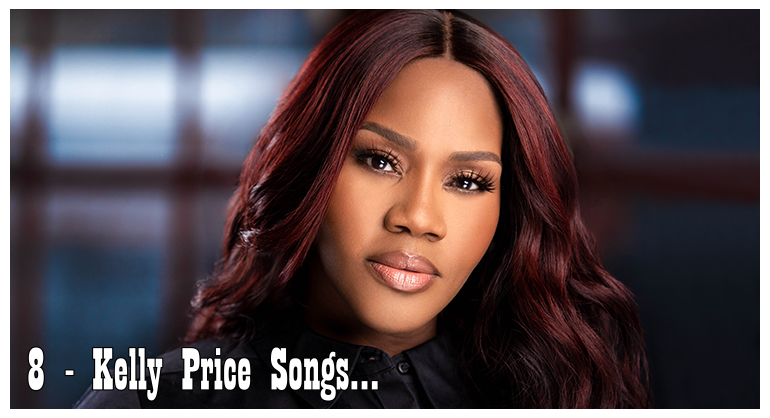(ThyBlackMan.com) Over the last six months, I’ve had the privilege of talking to a group of African American teenage boys whose stories are often lost in all the heated rhetoric about how to fix our public schools. These boys could easily have added their lives to the historically high dropout rate that currently plagues African American teenage males, a dropout rate that nationally approaches 50% — a crisis by any measure.
But these boys didn’t fall into that abyss. Instead, in each case, a teacher, a mentor, a principal, a counselor reached back and refused to let these boys fail. Hearing their stories was both inspiring and challenging. Inspiring because they reminded me that behind every statistic is a life that’s worth honoring and challenging because they often have to navigate a violent world that leaves  them angry and disillusioned. As William Wade, one of the top educators in Philadelphia, told me: These boys are victims of a narrative they didn’t write.
them angry and disillusioned. As William Wade, one of the top educators in Philadelphia, told me: These boys are victims of a narrative they didn’t write.
Now none of us likes being called a victim. In this country, we want to believe that perseverance and hard work can overcome any obstacle. But for too many inner-city boys, the most difficult challenge they face is not mastering math, science or reading, but surviving the 15-minute walk from home to school.
Jamill, age 17, and Brandon, age 16, are two of the boys I spoke with. Both live in North Philadelphia, are without their fathers and struggled at their previous schools. That changed when they met Principal Wade, one of those heroic educators who, through a mixture of discipline and compassion, has found a way to turn lives around at the schools he supervises. Here’s how Jamill and Brandon described the impact of Principal Wade.
[youtube np3kQzSmMQA]
There’s a lot to wrestle with in what they said: Misdirected anger that threatened to derail their lives; a feeling that no one — except their moms — would listen to them; and, perhaps most importantly, the lack of positive male role models in their lives.
The need for these boys to have positive male role models can’t be over-emphasized. As I traveled from Philadelphia to Chicago to Oakland to Los Angeles, over and over again the boys told me that finding African American adult males who can help them navigate their lives was crucial for them. This isn’t to demonize single mothers; but sometimes it takes more than one parent to raise productive adults.
I know that’s a statement that will bother some: Why ask others, like teachers and principals, to do what parents should do? But this isn’t really about “should be;” it’s about what is. As Tim King, CEO of the Urban Academies in Chicago, tells his new teachers: They can’t change what goes on at home; but they can use the time from 8 in the morning till 4 in the afternoon to give these boys the tools they need to learn and thrive.
As this new school year starts and the arguments about how to fix public education become more polarized, it’s worth remembering that one constituency that should be consulted (and often is not) is the students themselves. If we truly listen to these boys, we’ll learn an important lesson: Behind every statistic is a boy with hopes and dreams and abilities that may not show up in standardized testing. And every one of them is too important to fail.
Broadcaster Tavis Smiley examines the alarming rate of high school dropouts in a primetime special on PBS titled, TAVIS SMILEY REPORTS “Too Important to Fail,” Tuesday, September 13, 8 p.m./ 7c. For more information, check out http://www.pbs.org/tavis/reports

















The issues that Tavis discuss was needed for the nation to hear, but they are still not paying attention to the annihilation of a race and a community of undeserved and disfranchised. We need to pull together a Coalition Building movement of community base organizations, NGO, corporations, higher learning institutions, and government agencies to eliminated this disaster or destruction. If we continue down this road the very children we don’t help will destroy this nation and invade our life while destroying theirs.
Youth Development and Capacity Building, Inc. (YDACBINC) is a 501 © 3 charitable and non-profit organization that provides youth away to discover their promise in life. We are open to others should they want to help us help those undeserved.
I was able to catch this the other night. Being the mother of an 11 year old son I have many concerns regarding my child’s future. Many times I have said that I refuse to give on my son.
The docmentary inspired me knowing that folks still care about our young black males.
Excellent write up.